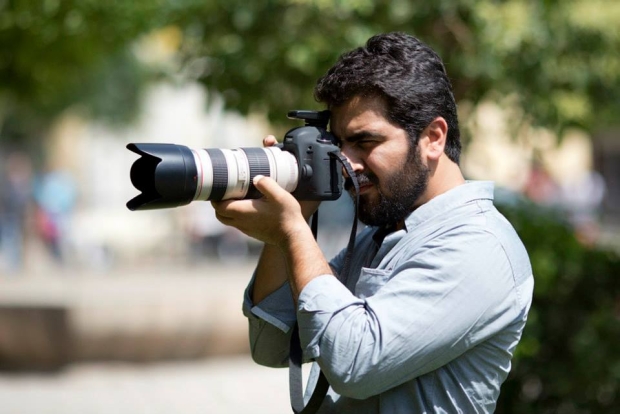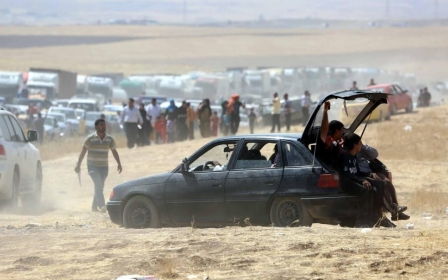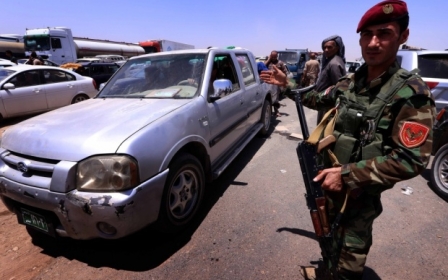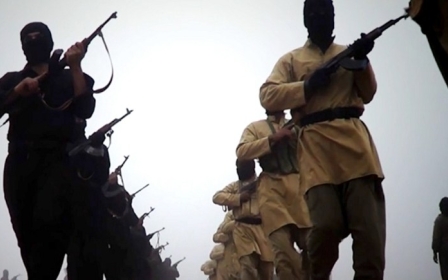Iraq forces battle militants north of Baghdad
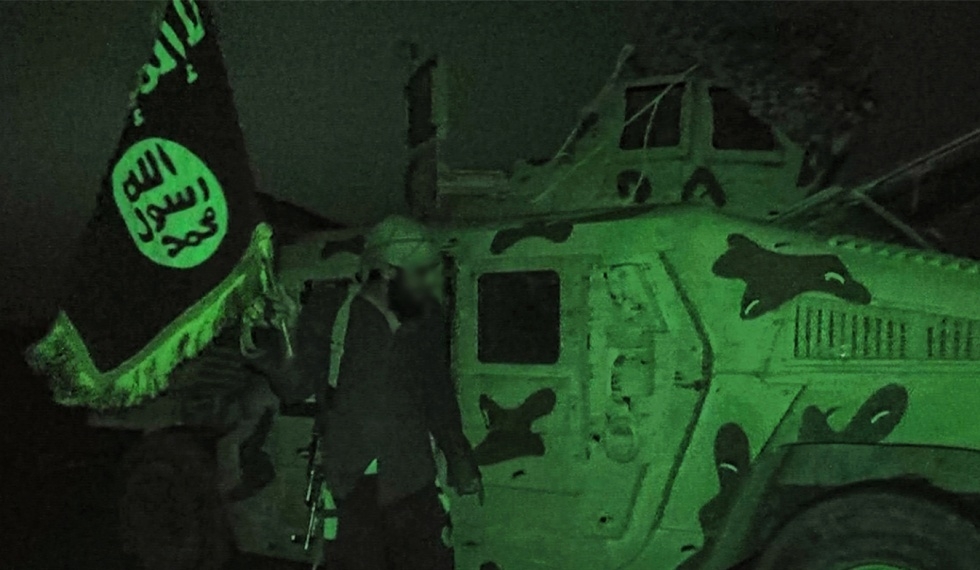
Iraqi forces clashed with militants advancing on the city of Baquba, just 50 kilometres (30 miles) north of Baghdad, on Friday, as an offensive spearheaded by militants drew closer to the capital.
Security forces were battling militants from on the outskirts of Muqdadiyah, 35 kilometres (23 miles) northeast of Baquba, police and army officers said.
Baquba is the capital of Diyala province, whose mixed Arab, Kurdish, Sunni and Shiite population has made it a byword for violence ever since the US-led inavasion of 2003.
The militants have already captured two provincial capitals this week -- Tikrit in Salaheddin province and second city Mosul in Nineveh.
Washington has found rare common cause with its longtime foe Tehran, with both voicing dismay at the Sunni extremists' advance and pledging to boost aid to the Shiite-led government.
Abu Mohammed al-Adnani, spokesman for the Islamic State of Iraq and the Levant (ISIL), vowed its fighters would press on to the capital.
ISIL said it carried out attacks in Baghdad on Wednesday including three bombings that killed at least 30 people, in a statement posted on Twitter the following day.
And it announced a new campaign of attacks titled "The March" without elaborating further.
Photographer killed covering Kurd-ISIL clashes
A news photographer was killed while covering fighting between Kurdish security forces and militants in northern Iraq on Thursday, medical and security sources said.
Kamran Najm Ibrahim died and 14 Kurdish security personnel were wounded in the clashes west of the oil city of Kirkuk. where the militants have seized a string of mainly Sunni Arab towns in the ethnically divided province.
Ibrahim died after a mortar shell landed near him.
Anadolu Agency reporter said that Ibrahim's body stayed on the ground and no one was able to remove it because of the continuing clashes.
Iraqi forces launched at least four air strikes on militants occupying ousted dictator Saddam Hussein's palace compound in the city of Tikrit on Thursday, witnesses said.
It was not immediately clear whether the strikes against the militants, who took the city a day before, were launched by helicopters or planes.
The sprawling compound in central Tikrit was one of several around the country where Saddam once received foreign guests and dignitaries.
Tikrit was the second provincial capital to fall to the offensive, following the northern city of Mosul, where it began.
Militants from ISIL on Thursday night attacked Iraqi border guards in Anbar province close to the Syrian border, leaving casualties on both sides, according to an Iraqi security source who requested anonymity.
US companies evacuating Iraqi air base
US companies were Thursday evacuating hundreds of Americans working with the Iraqi government from a major air base, US officials said.
A US defense official confirmed that "a few hundred" American contractors from Balad air base, 80 kilometers (50 miles) north of the capital, were being moved to Baghdad for security reasons.
"We can confirm that US citizens under contract to the government of Iraq in support of the US Foreign Military Sales (FMS) program in Iraq are being temporarily relocated by their companies due to security concerns in the area," State Department spokeswoman Jen Psaki said.
Psaki stressed however that the US embassy in Baghdad was still operating, saying "the status of the staffing at the US embassy and consulates has not changed."
The evacuation of Balad was being handled by the companies and did not involve the US government, the defense official said.
"It's their people. It's their planes," the official said, asking to remain anonymous.
The contractors are hired out by the Iraqi government and working on programs related to F-16 fighter jets. They are not on the US government's payroll.
Balad air base was once one of the world's busiest airports and housed some 36,000 American personnel before it was handed over to Iraqi control in November 2011.
The 332nd Air Expeditionary Wing was the last unit to leave JBB, which occupied 25 square kilometers (nine square miles) and had a 20-kilometer security perimeter.
Middle East Eye propose une couverture et une analyse indépendantes et incomparables du Moyen-Orient, de l’Afrique du Nord et d’autres régions du monde. Pour en savoir plus sur la reprise de ce contenu et les frais qui s’appliquent, veuillez remplir ce formulaire [en anglais]. Pour en savoir plus sur MEE, cliquez ici [en anglais].


